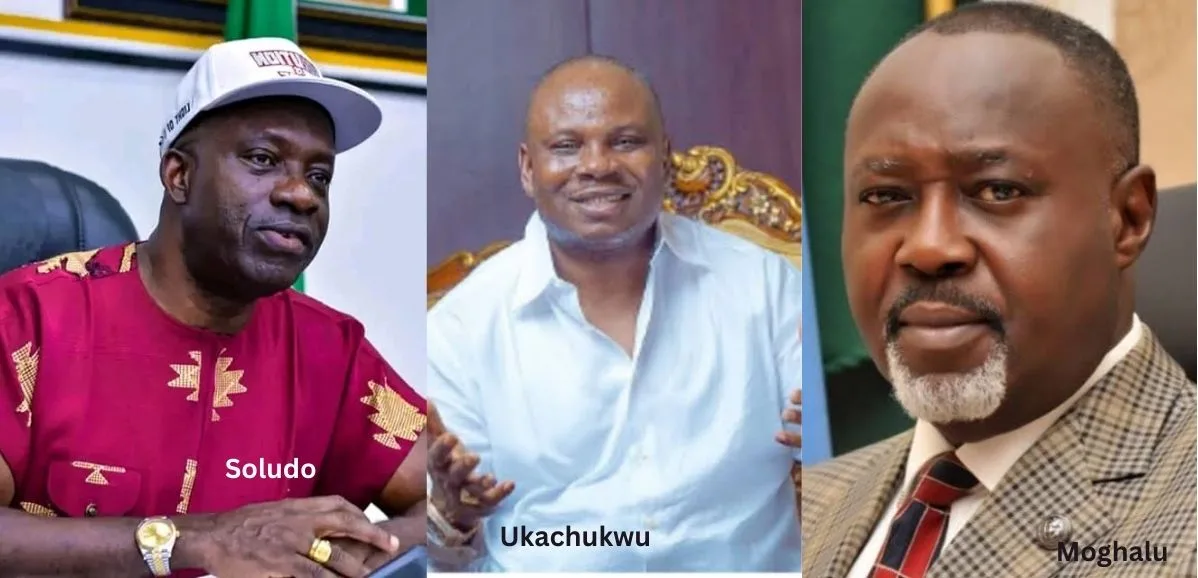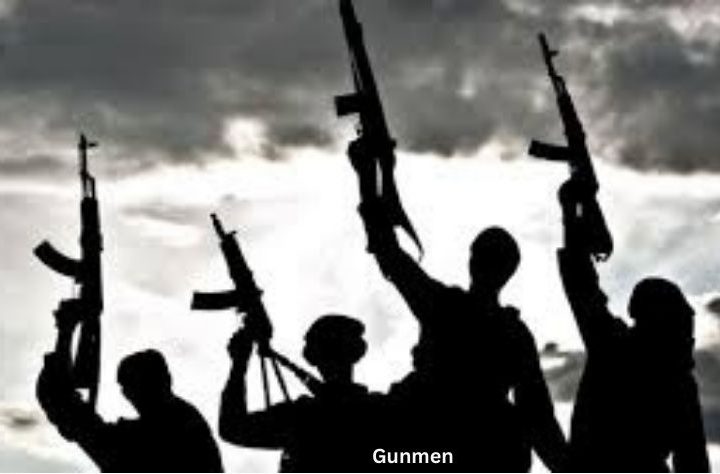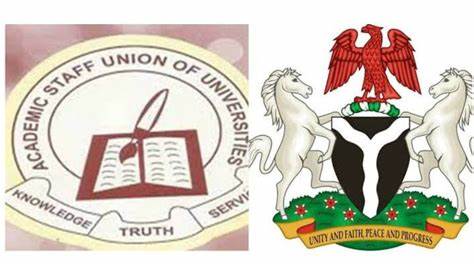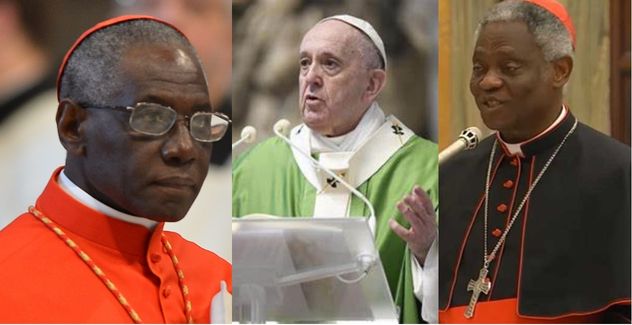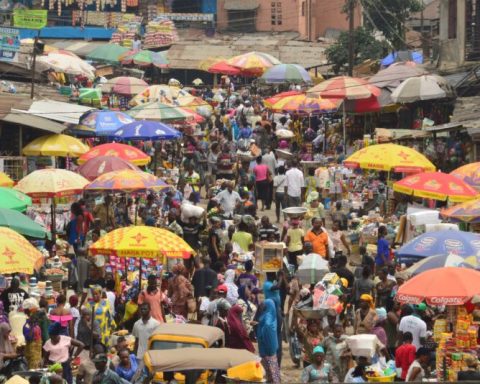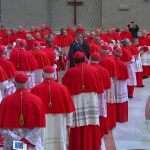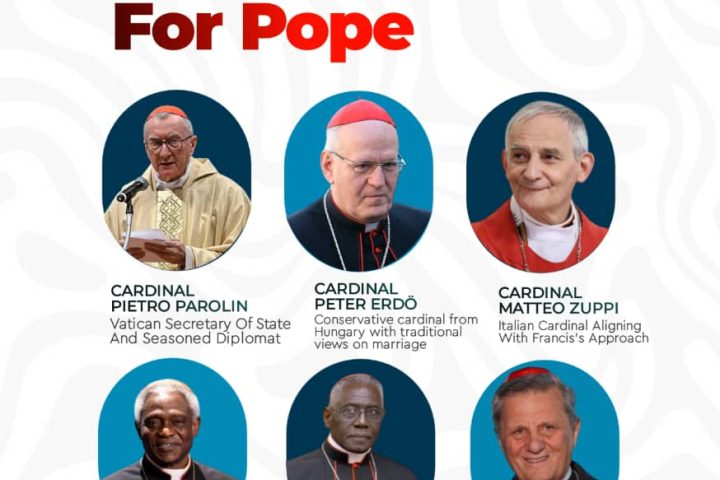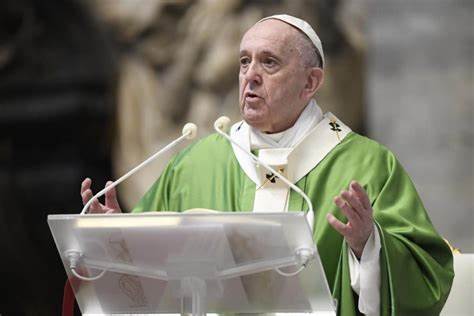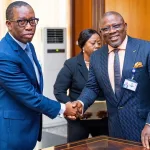Arising from the primaries of the three major parties — APGA, APC, and Labour — in Anambra State, one clear picture has emerged: Anambra 2025 is shaping up to be an affair dominated by contestants from the south of the state. This aligns with the spirit of the zoning in the state, almost suggesting that the zone will produce the next governor, whether or not it is Prof. Charles Soludo, the incumbent, who hails from the south of the state. But beneath the surface of this regional alignment lie deep undercurrents of debate, destiny, political pragmatism, and strategic foresight, as illuminated by commentators actively engaging with the evolving gubernatorial race.
Zoning: A Fragile Yet Entrenched Tradition
The most contentious and recurring theme in Nigeria’s elections is zoning. For many, the emergence of candidates from Anambra South across all major parties is a tacit reaffirmation of an “unspoken gentleman’s agreement”—a regional power-sharing formula that has apparently brought relative peace and political balance to the state. For many from Anambra South, any effort to challenge this unwritten rule is “fighting fate,” meaning that politicians from other zones are showing respect for the spirit of the moment.
Join our WhatsApp ChannelHowever, this confidence in zoning is not absolute.
As an indigene of Anambra State, I have always joined the school of analysis that urges caution, arguing that the much-touted zoning holds at times only if Soludo wins re-election. A fresh winner from the South could reset the zoning clock with their ambition for a second term, potentially reigniting regional tensions. Therefore, the idea that zoning is “settled” remains a political illusion subject to the dynamics of ambition and future negotiations.
Soludo: The Child of Destiny or Just the Incumbent?
Governor Charles Soludo’s position as the APGA candidate —returned unopposed —has fortified perceptions of him as a “child of destiny,” especially among his supporters. As such, the November 8, 2025, election is seen as Soludo’s to lose, with the political mood favourably aligned with his continued leadership. By implication, the opposition—namely George Muoghalu of Labour Party and Nicholas Ukachukwu of APC—should consider stepping aside and allow Soludo to complete the traditional eight years allocated to a governor from Anambra South.
But not everyone is convinced Soludo’s position is unassailable. While optimistic, some analysts advise caution because Nigerian politics is fraught with unpredictability, usually known and referred to as the “Nigerian factor.” For instance, with surprise victories in Edo, Imo, and Kogi, no one should dismiss the possibility of federal influence, party intrigue, or elite conspiracies shifting the tide.
Nicholas Ukachukwu: Ambition or Misadventure?
The candidacy of Nicholas Ukachukwu has also sparked critical commentary, with many labeling his political journey as a series of “misadventures.” A successful businessman, Ukachukwu has switched parties multiple times in pursuit of leadership, but success has consistently eluded him. Critics argue that his repeated failures stem not from lack of ambition but a misjudgment of political realities and overreliance on financial muscle.
READ ALSO: Soludo Thanks APGA Delegates, Returns Unopposed As Guber Candidate
One commentator described Ukachukwu’s efforts as a “wild goose chase,” rooted more in ego than electability. Yet, others acknowledge his resilience and willingness to stay the course, even when the odds are clearly stacked against him—a quality that, while admirable, may still not yield electoral victory in 2025.
Federal Might and Party Realities
There is a clear consensus among contributors that Anambra remains largely unreceptive to the APC brand. With the party weakened by the loss of Senator Ifeanyi Ubah and lacking formidable grassroots structures, commentators doubt that federal backing alone can deliver the state. Comparisons with Edo and Imo are dismissed by some, who argue that those victories were enabled by powerful political “generals” and fractured opposition—not merely Abuja’s influence.
Moreover, Soludo is credited with being politically savvy—positioning himself strategically with federal actors to avoid isolation. His ability to secure federal appointments for APGA loyalists has reportedly weakened any APC-based plans to unseat him. Observers note that the opposition’s candidate choices have done little to unsettle APGA’s dominance, lamenting the missed opportunity for a real contest involving figures like Kingsley Moghalu.
The Future Beyond 2025
While 2025 may seem like Soludo’s to win, some commentators are more concerned about the post-Soludo era. Who he chooses as a successor and how APGA prepares for the transition will determine whether the party can sustain its hold on Anambra politics. The conversation is gradually shifting from just electoral victory to legacy building and strategic succession.
Conclusion: Anambra’s Crossroads
As the 2025 gubernatorial race approaches, Anambra finds itself at a critical juncture. Zoning, while reaffirmed in practice, remains a contested concept. The incumbent rides a wave of regional sentiment and political goodwill, but nothing is guaranteed in Nigeria’s fluid political landscape. The opposition, divided and lacking a compelling candidate, appears unprepared for the uphill battle.
Yet, democracy thrives on contests, and Anambra’s citizens are watching closely—not just for who wins, but for who articulates the most inclusive and forward-looking vision for the state.
Dr Mbamalu, a Jefferson Journalism Fellow, member of the Nigerian Guild of Editors and Communications Consultant, is the publisher of Prime Business Africa
Dr. Marcel Mbamalu is a communication scholar, journalist and entrepreneur. He holds a Ph.D in Mass Communication from the University of Nigeria, Nsukka and is the Chief Executive Officer Newstide Publications, the publishers of Prime Business Africa.
A seasoned journalist, he horned his journalism skills at The Guardian Newspaper, rising to the position of News Editor at the flagship of the Nigerian press. He has garnered multidisciplinary experience in marketing communication, public relations and media research, helping clients to deliver bespoke campaigns within Nigeria and across Africa.
He has built an expansive network in the media and has served as a media trainer for World Health Organisation (WHO) at various times in Northeast Nigeria. He has attended numerous media trainings, including the Bloomberg Financial Journalism Training and Reuters/AfDB training on Effective Coverage of Infrastructural Development of Africa.
A versatile media expert, he won the Jefferson Fellowship in 2023 as the sole Africa representative on the program. Dr Mbamalu was part of a global media team that covered the 2020 United State’s Presidential election. As Africa's sole representative in the 2023 Jefferson Fellowships, Dr Mbamalu was selected to tour the United States and Asia (Japan and Hong Kong) as part of a 12-man global team of journalists on a travel grant to report on inclusion, income gaps and migration issues between the US and Asia.

